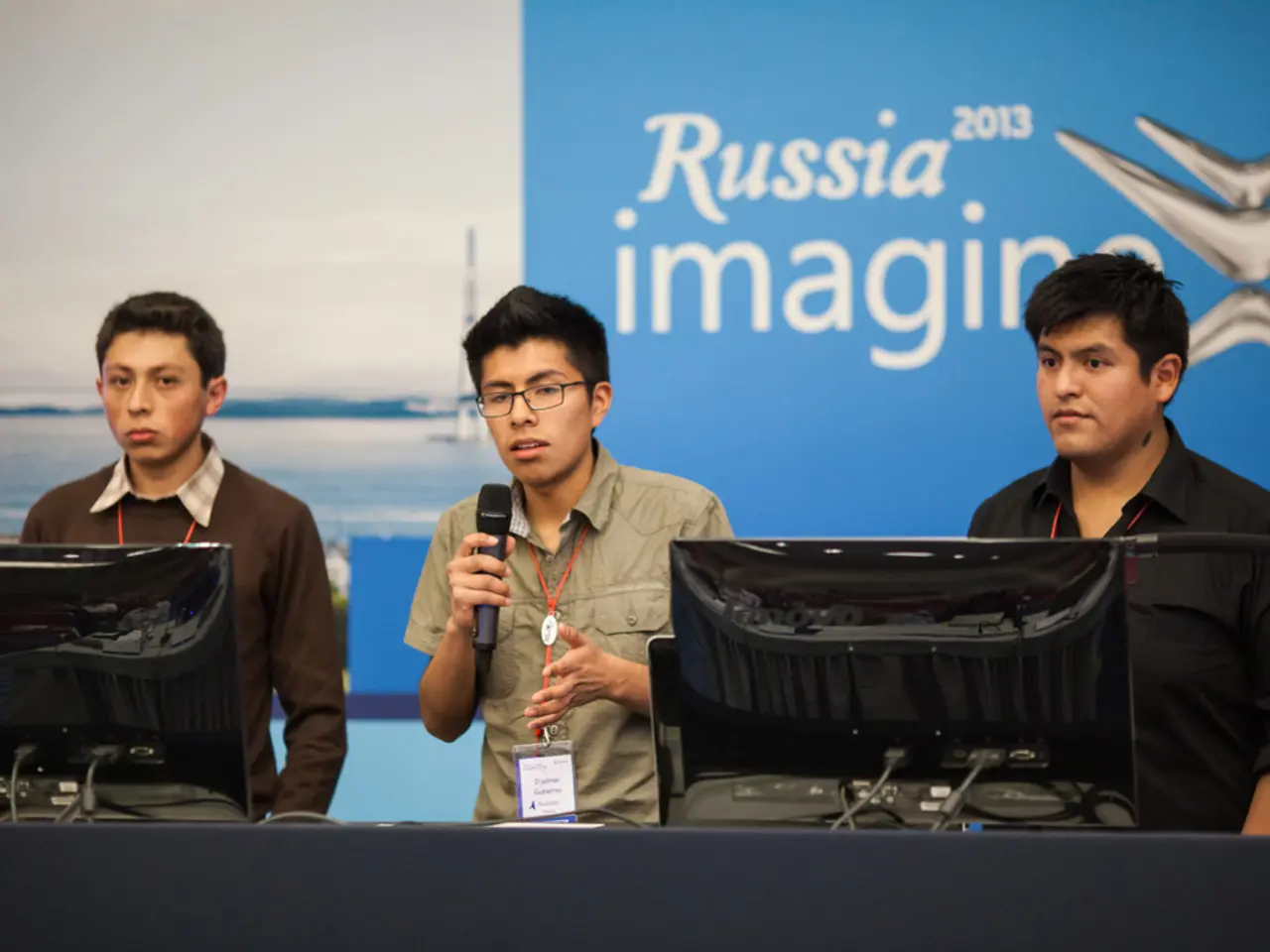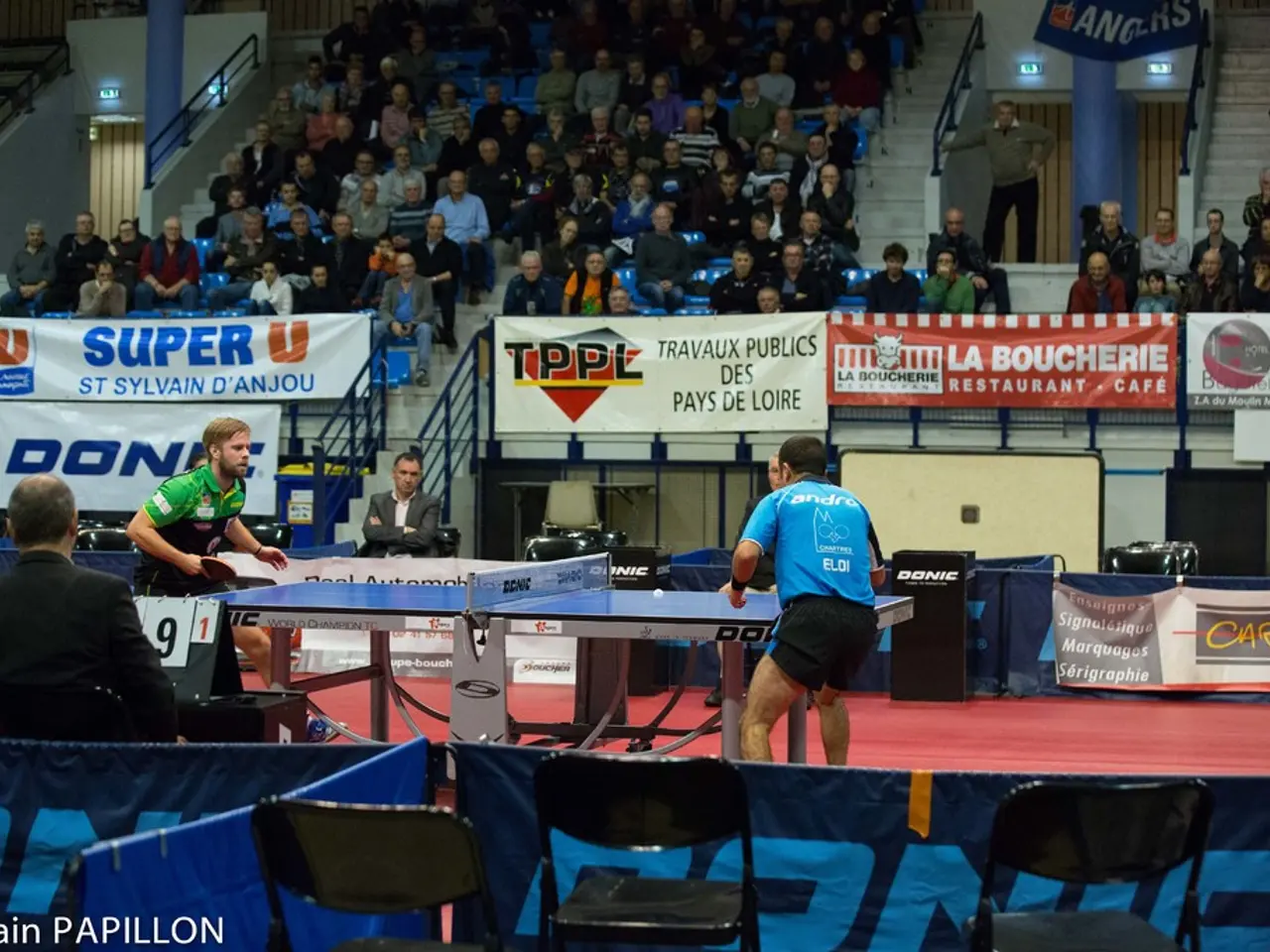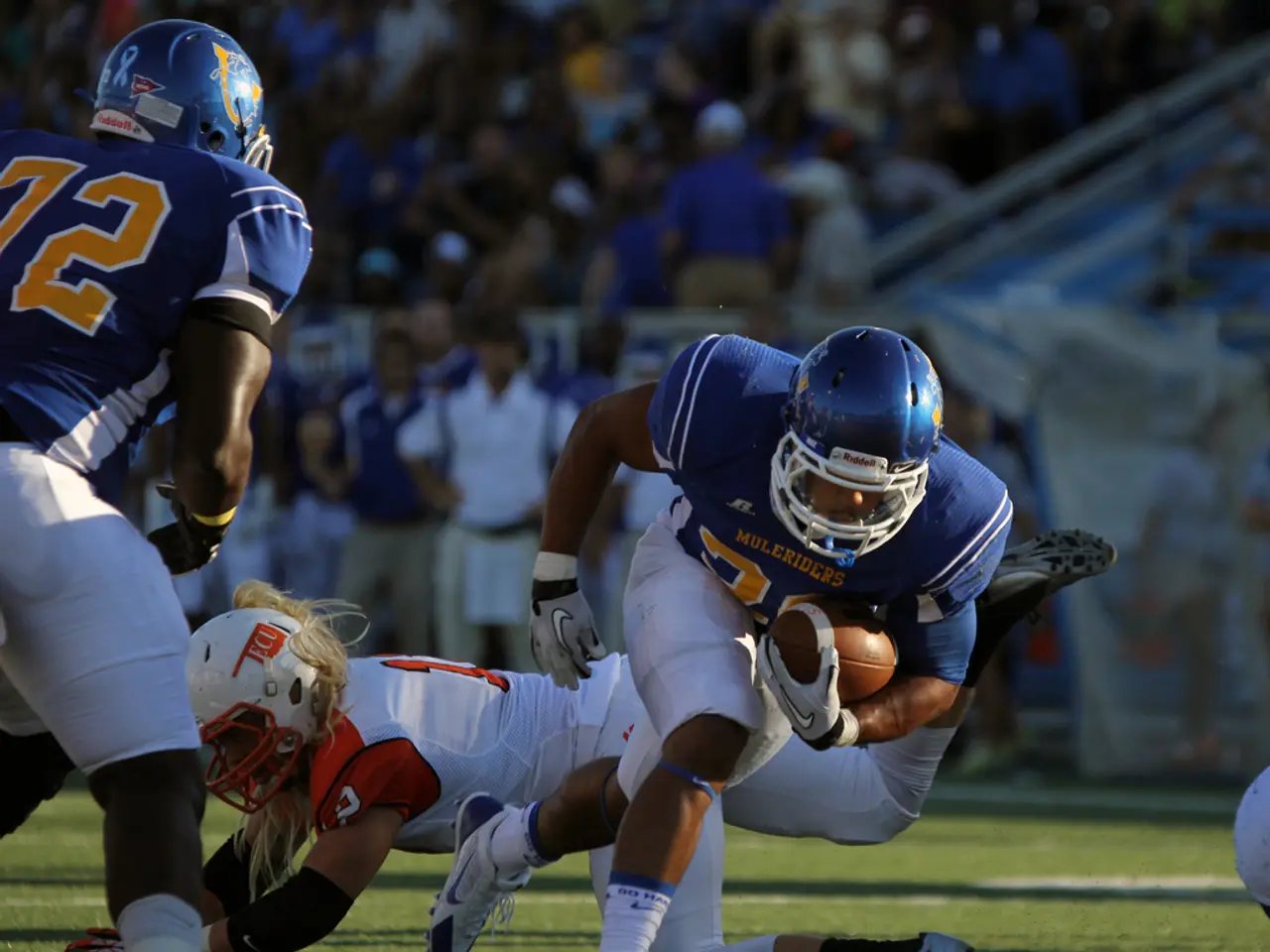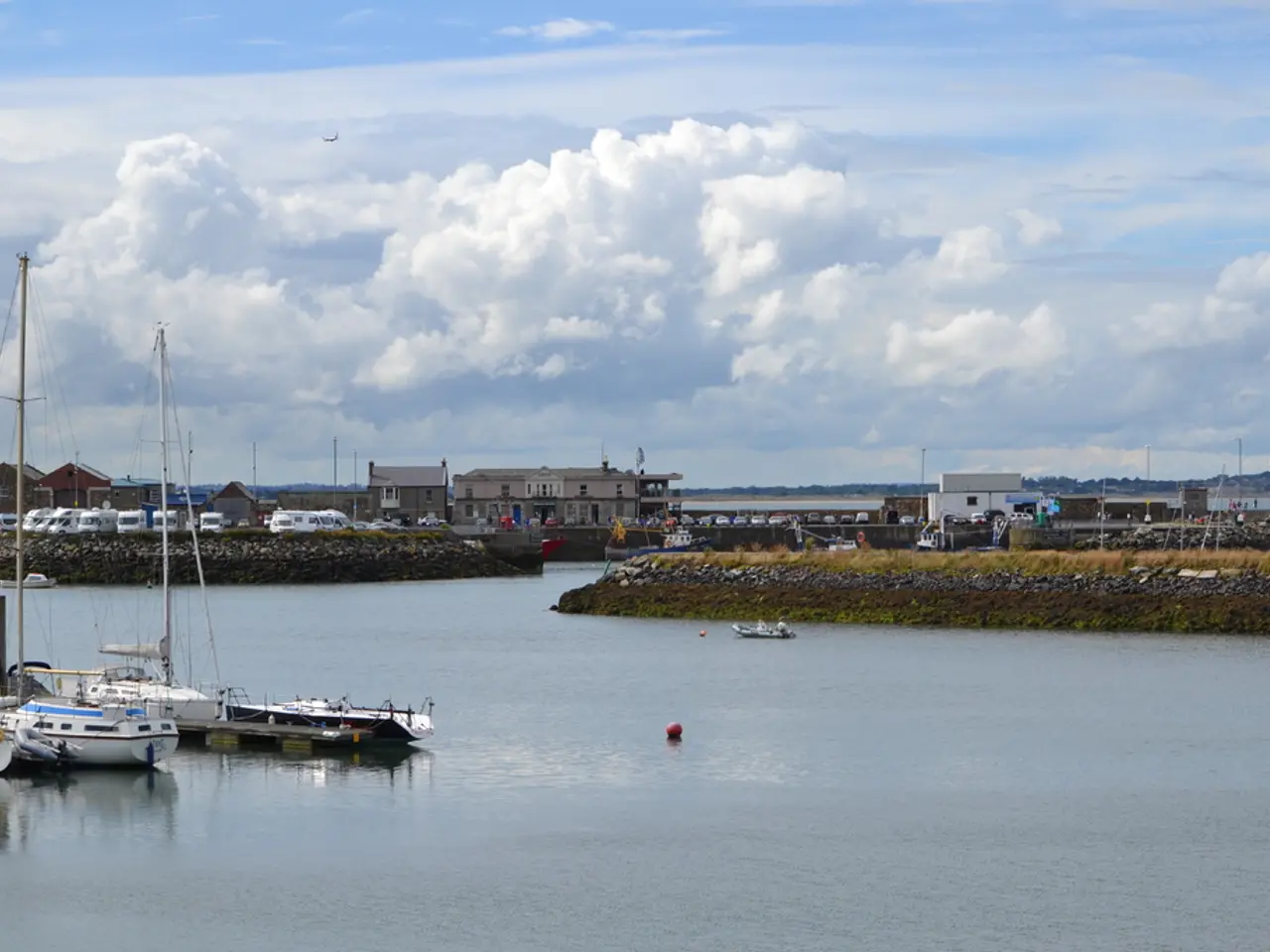Journey from Bern to Zurich Revealing a Realm of Paradoxes
The Women's European Championship held in Switzerland in 2025 marked a significant turning point for women's football in the country. As the 14th edition of the UEFA Women's Championship, the tournament returned to its usual four-year cycle and was hosted by Switzerland for the first time in this expanded 16-team format.
The tournament brought about a wave of increased visibility and audience engagement, with approximately 700,000 tickets available across eight venues in Switzerland. This included prominent stages such as St. Jakob-Park in Basel and Stadion Wankdorf in Bern, attracting local fans and media coverage. The home tournament aimed to sustainably strengthen women's football, and its impact has been profound.
One of the most noticeable effects was a boost to the domestic game and infrastructure. Organising the Women's EURO 2025 necessitated enhancements in football infrastructure, stadium readiness, and organisational capacity in Switzerland. This infrastructure legacy benefits clubs and grassroots programs, providing better facilities and inspiration for female players.
The presence of the Swiss national team competing on home soil, despite tough results in the early stages, helped raise awareness and pride in women's football. This motivated young girls to take up the sport and pursue it seriously.
Being part of a major UEFA event alongside some of Europe’s top teams helped accelerate efforts toward professionalization of women’s football in Switzerland, including improving coaching, funding, and media coverage, which were necessary to compete internationally at this level.
While detailed long-term data on the tournament’s full legacy is still forthcoming, the immediate effects have clearly enhanced the development and recognition of the women's game in Switzerland. Switzerland, ranked 20th in the World Economic Forum's Global Gender Gap Report, has made strides in gender equality, with girls and women equalized in physical education as early as 1971. However, outdated gender roles are still deeply entrenched, as evidenced by the low proportion of women in Swiss football - 13% for functionaries, 8% for coaches, and 3% for referees.
In the realm of football clubs, BSC Young Boys' women's team has become Swiss champions, but only a few of its members can make a living from football. Advocates within the club, such as Franziska Schild, a former national player who oversees women's football at BSC Young Boys, are pushing for equal focus on both women's and men's football.
In the media, Laura Kaufmann, a former picture editor and photographer, is developing a printed magazine dedicated solely to women's football, called "Frau Müller". This magazine aims to be positive, constructive, and political, providing a platform for the ongoing growth and recognition of women's football in Switzerland.
Historian Marianne Meier has also contributed to this movement by writing a book and producing a podcast about the first generation of women's football players in Switzerland. These efforts serve to remind us of the long path to the top for women's football in the country, encapsulated in the official slogan of the European Championship: "Together we rise".
Despite the progress made, it is important to remember that women's suffrage was only accepted in Switzerland in 1971. This serves as a reminder that while significant strides have been made, there is still work to be done to achieve true gender equality in Swiss football and beyond.
Sports analysis revealed an increase in public interest towards women's football in Switzerland following the 2025 Women's European Championship. The tournament's sports-analysis reports highlighted the powerful impact of hosting a major UEFA event on the growth of women's sports at a local level, particularly in terms of infrastructure development, club support, and media coverage.








